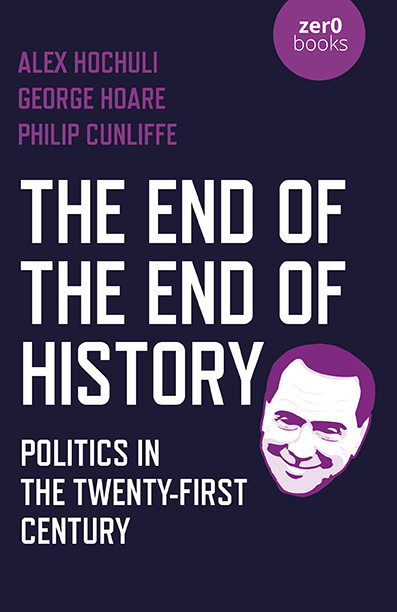What do you think?
Rate this book


Unknown Binding
First published June 25, 2021
a fevered inability on the part of the liberal establishment to accept political change, leading to incredulity, denial, and a refusal to take responsibility; an inability to explain political change, replacing any credible understanding of political causation with a facile fetishization of disinformation or lack of knowledge on the part of voters; an inability to respond to political change, with reactions marked variously by an elite persecution complex, nostalgia for a very recent past, catastrophism, repetition compulsion, infantilization, and moralization. (73)